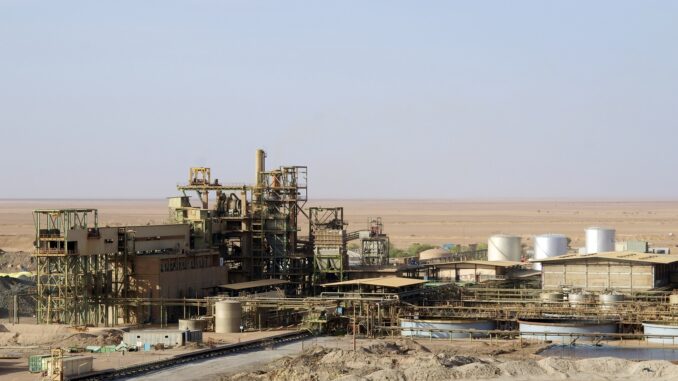
Niger’s military-led government completed the nationalization of SOMAIR, a major uranium mining venture previously operated by French nuclear fuel company Orano, the official gazette said.
The move marks a significant escalation in the deteriorating relationship between Niger and its former colonial power, France.
The Ministry of Mines declared that the state now holds full ownership of SOMAIR (Société des Mines de l’Aïr), revoking Orano’s 63.4% stake.
The decision, published in the official gazette, cited the need to “safeguard national interests” and follows months of rising tensions since the July 2023 coup that ousted President Mohamed Bazoum.
Niger’s decision to seize control of SOMAIR is the latest in a series of moves distancing itself from France. After the coup, the new military rulers expelled French troops, ended military cooperation agreements, and accused Paris of interference in domestic affairs. France, in turn, suspended aid and condemned the junta’s legitimacy.
The uranium sector has long been a cornerstone of French-Nigerien economic ties. France, through Orano (formerly Areva), has mined uranium in Niger since the 1970s, fueling its nuclear power plants. However, critics in Niger have increasingly viewed the relationship as exploitative, with limited benefits trickling down to the local population.
Uranium has historically been one of Niger’s top exports, accounting for 15–20% of total export revenues in recent years
However, due to sanctions and border closures following the 2023 coup, Niger did not export any uranium in 2024, according to the West African Economic and Monetary Union (UEMOA)
Despite the current halt in exports, Niger remains one of the world’s top uranium producers, contributing about 5% of global uranium output as of 2022
The SOMAIR mine alone has historically produced over 2,000 tonnes of uranium annually.
As Niger reclaims control over its natural resources, the nationalization of SOMAIR could mark a turning point in the country’s economic sovereignty. But it also raises questions about investor confidence and the future of uranium supply chains in a shifting global energy landscape.
